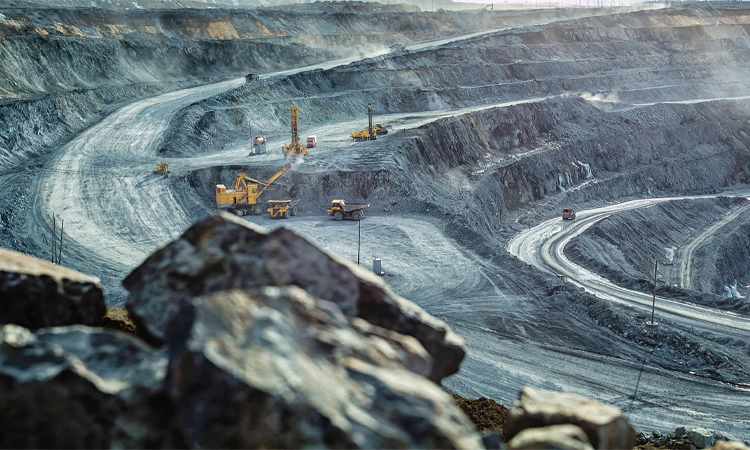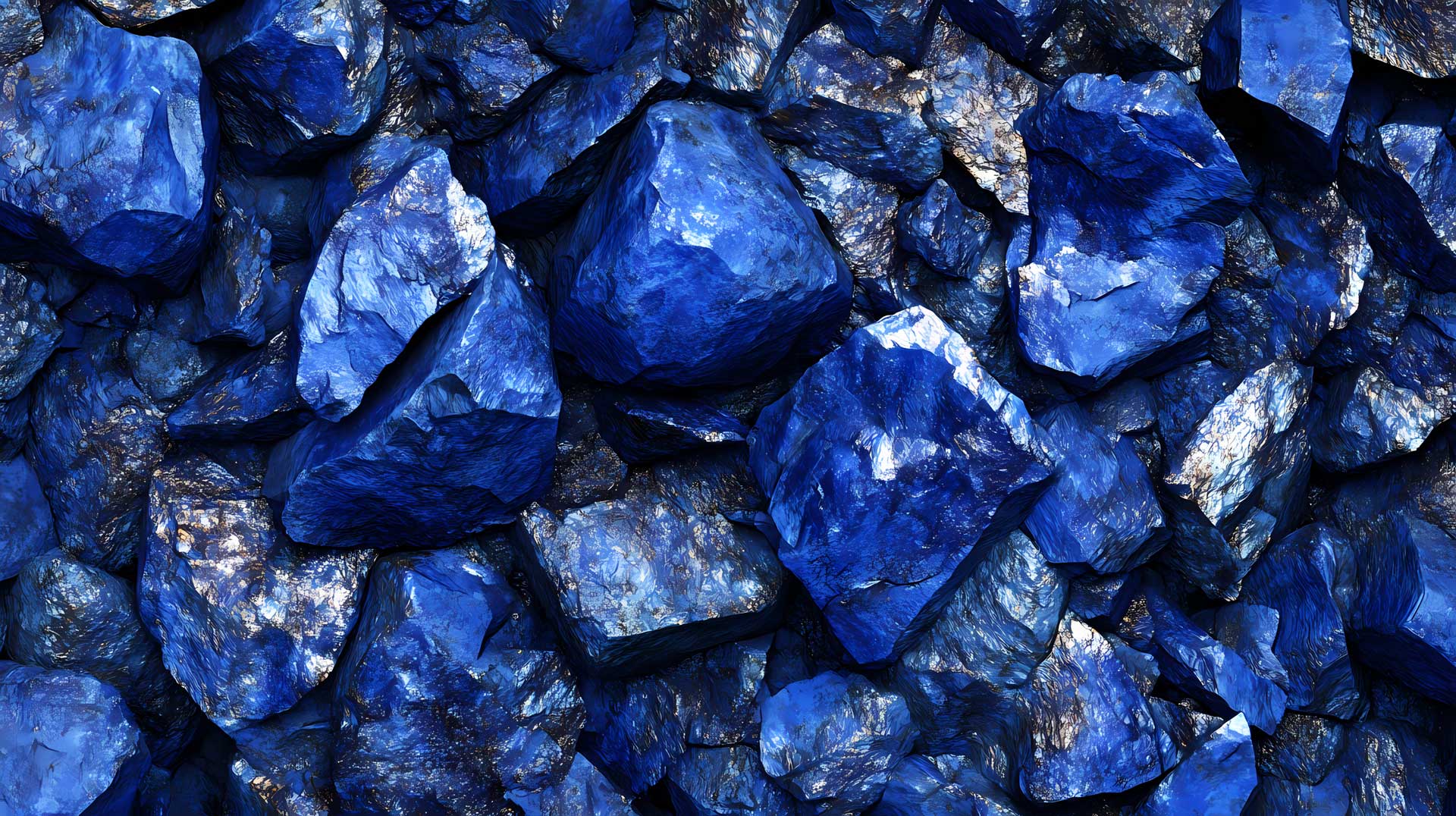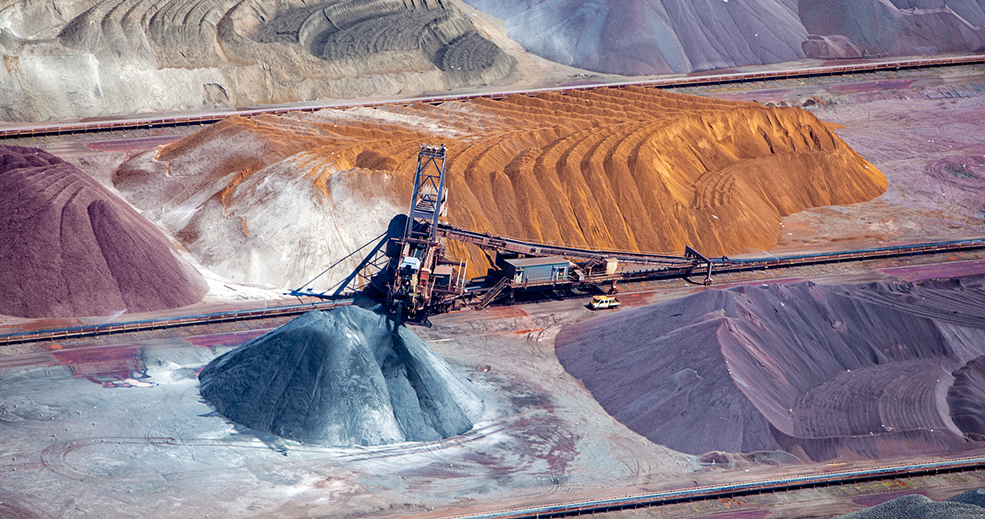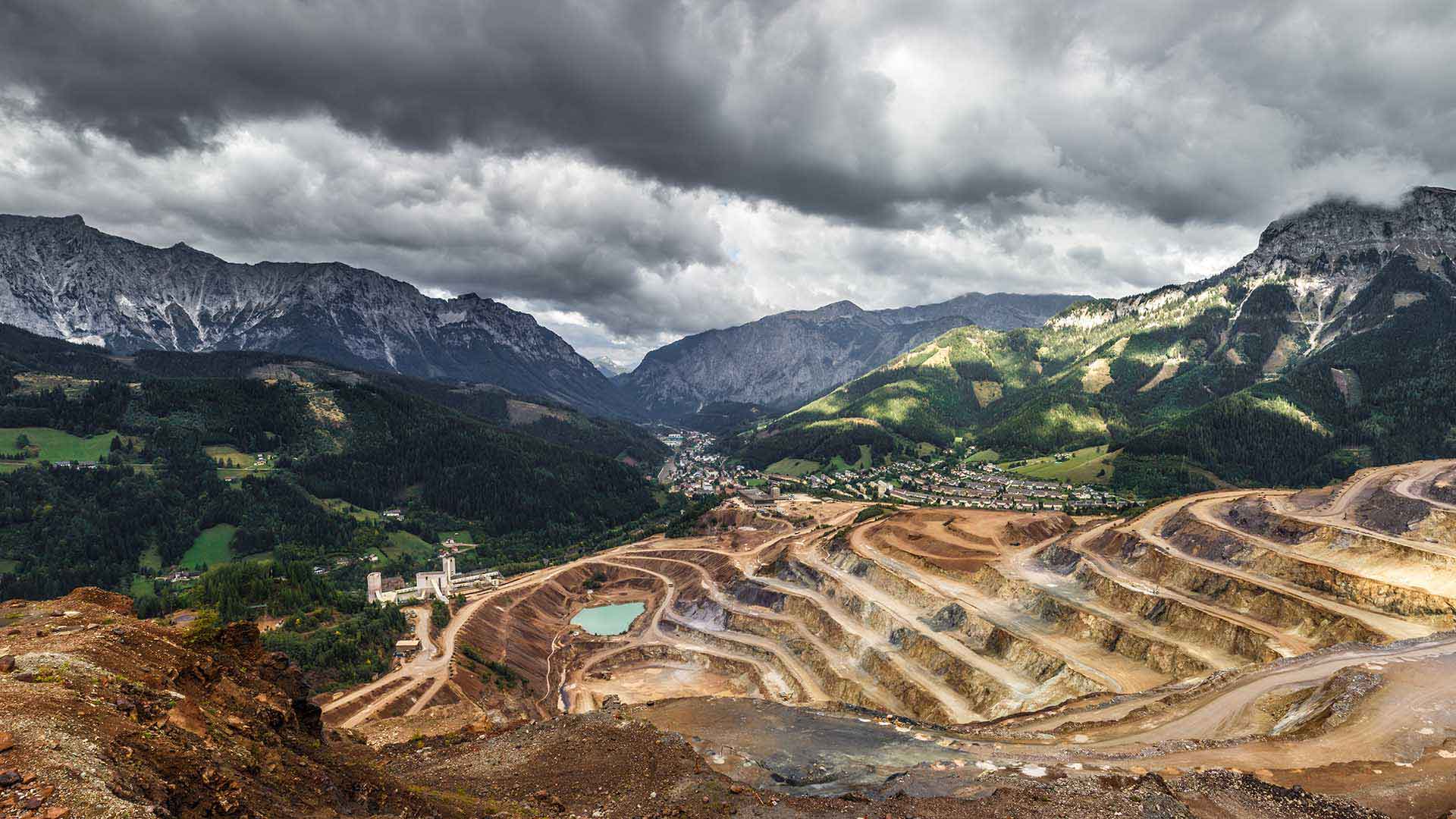
Digest of Mining Sector News: June 2025
30 Jun 2025
1. EU Adds 13 New Strategic Critical Mineral Projects Abroad
In early June, the European Commission took a significant step by selecting 13 new strategic raw material projects in third countries. These projects, located in nations such as Canada, Ukraine, and Brazil, represent the second phase of the Critical Raw Materials Act (CRMA) implementation. The goal is to diversify imports and achieve a target of 15% of imports from partner countries by 2030. The total investment in these projects is estimated at €5.5 billion, focusing on the extraction of lithium, cobalt, nickel, and rare earth elements. This decision is a direct response to global geopolitical risks and the EU's growing dependency on China.
2. Large Lithium Deposit Discovered in Spain, Potentially One of Europe's Largest
In Spain, preliminary geological survey results revealed one of Europe's largest potential lithium deposits in the Cáceres region. Estimates suggest the deposit could contain up to 1.6 million tons of lithium carbonate equivalent (LCE). If the project receives all necessary permits, which is expected by year-end, the mine could produce up to 30,000 tons of LCE annually, supplying up to 10% of Europe's current demand and significantly strengthening its strategic autonomy in battery production.
3. BHP Billiton Invests $2.5 Billion in New Copper Mining Technology in Chile
The world's largest mining company, BHP Billiton, announced a multibillion-dollar investment in its Escondida copper mine in Chile. The $2.5 billion investment will be used to implement innovative technologies, such as fully automated drilling rigs and smart monitoring systems. The project aims not only to increase copper output by 15% by 2027 but also to significantly reduce water consumption and carbon emissions. This move reflects a global trend in the mining industry toward more sustainable and technologically advanced extraction methods.
4. Cobalt Prices Soar Due to New Export Restrictions from Congo
In June, global cobalt prices increased sharply by 25% after the government of the Democratic Republic of Congo (DRC) imposed new export restrictions and tightened control over "artisanal" mining. The DRC is the world's largest supplier of cobalt, providing over 70% of the global market. These measures are aimed at combating illegal mining and improving labor conditions, but in the short term, they have created significant risks for supply chains, especially for European battery manufacturers who rely heavily on cobalt.
5. New Rare Earths Deposit in Australia Attracts European Investors
A geological exploration company operating in Western Australia announced the discovery of a new rare earth elements (REE) deposit. Preliminary findings indicate high concentrations of neodymium and praseodymium, key elements for producing powerful magnets. Immediately following the announcement, several European funds and companies, including those from Germany and France, expressed interest in investing in the project. This discovery could become a crucial alternative source of REEs for European industry, which is 98% dependent on imports from China.


